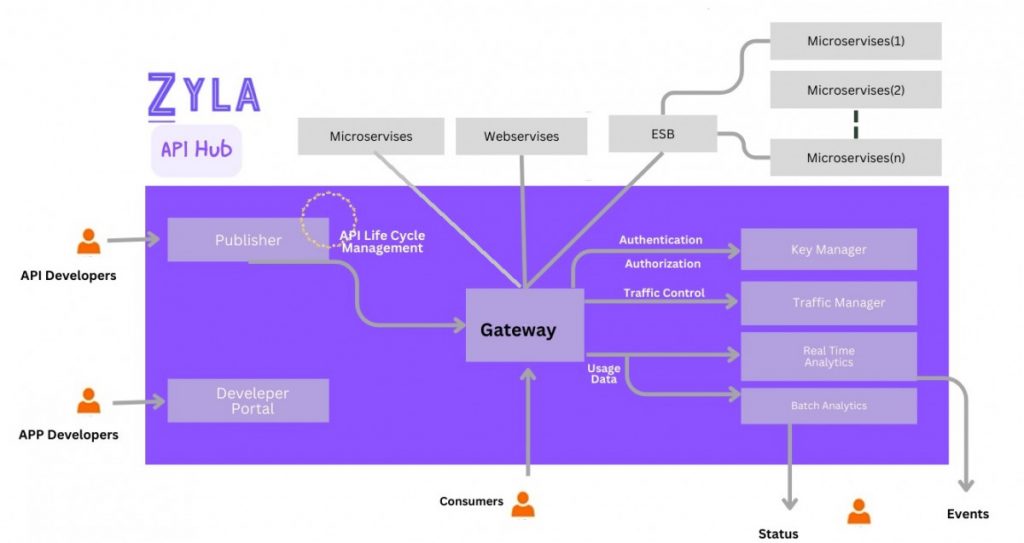Embarking on the journey of API sales strategies can be intricate, with challenges varying across different phases. In this blog, we unravel the complexities, of guiding API providers, software developers, product managers, business owners, and marketing professionals through the intricacies of selecting the right sales strategy.
Challenges In API Sales Strategies Evaluation
As API providers explore the diverse landscape of sales strategies, they encounter multifaceted challenges. The intricacies associated with pre-sales, sales, and post-sales phases demand a nuanced approach. Defining the optimal strategy requires a deep understanding of the target audience, the API’s unique value proposition, and the competitive dynamics.
API Marketplaces: Simplifying Complexity
In the face of these challenges, API marketplaces emerge as dynamic ecosystems that simplify the adoption of diverse sales strategies. These platforms provide a collaborative environment, enabling seamless integration and experimentation with different approaches. Whether it’s consultative selling, ROI-focused strategies, or flexible pricing models, API marketplaces offer a space to test, refine, and implement these tactics.
The API Hub: Your All-In-One Solution
Among the myriad of API marketplaces, Zyla API Hub stands out as a comprehensive solution. With features tailored to support API providers in different phases of their sales journey, the API Hub becomes an invaluable asset. From enhancing visibility to fostering collaboration, the API Hub aligns seamlessly with the requirements of API sales strategies.
Adding Your API To The API Hub: Step-by-Step Guide
Adding your API to Zyla API Hub is a straightforward process. Empower your API with broader visibility and accessibility by following these simple steps:
- Registration: Register on Zyla API Hub through the platform’s registration form or your GitHub account.
- API Naming and Description: Provide a concise and descriptive name, including the term “API,” for enhanced visibility. Craft a compelling short and detailed long description highlighting key features and benefits.
- Category, Website, and Icon: Choose a relevant category for easy discovery. Optionally, provide a link to your website and select an icon for comprehensive information.
- Plans and Pricing: Set plans and pricing carefully, ensuring at least a free and basic plan is available. Benchmark your prices within the API’s category.
- Tags and Rate Limits: Add relevant tags for better ranking and visibility. Consider enabling rate limits to control API calls.
- Access Control and Authentication: Implement access control and authentication for secure API usage.
- Base URL and Endpoints: Declare the base URL and specify the method and cache-clearing frequency for each endpoint.
- Additional Parameters and Headers: Manage additional parameters, headers, and response transformations as needed.
- Save and Publish: Save and publish your API on the API Hub, making it accessible to a wider audience.
Crafting Your API Sales Journey
In conclusion, API sales strategies are not one-size-fits-all; they require careful consideration and adaptation. API marketplaces, particularly Zyla API Hub, offer a fertile ground for experimentation and growth. By navigating the complexities, collaborating within ecosystems, and leveraging dedicated platforms, API providers can craft a successful sales journey. Remember, it’s an ongoing process of evaluation, adaptation, and thriving in the evolving API landscape.
For more information read my blog: The Best API Marketplace Of 2023 With Free Trials



